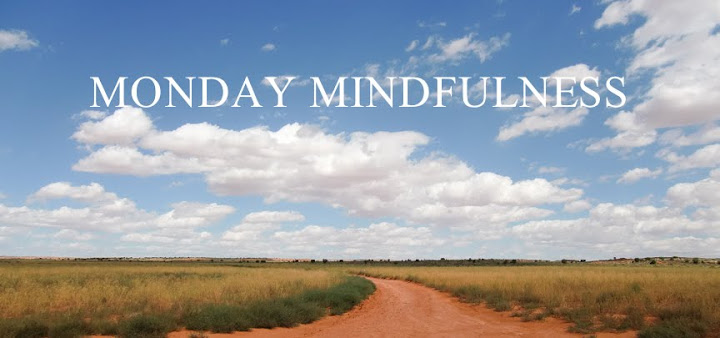“I have decided to stick with love. Hate is too great a
burden to bear.” Martin Luther King,
Jr.
Today is the observance of Martin Luther King, Jr’s
birthday. I like being reminded of his courage and insistence on the importance
of non-violence, compassion, love and his deep belief in our essential innate goodness.
These teachings are ancient and we need contemporary leaders to keep them
alive. The Buddha taught that what gets in the way of these qualities are greed,
hatred and delusion, known as the “three poisons.” They are the cause of our
individual and collective pain and suffering. Today this post is about greed
and hate.
Greed is easy to see outside of ourselves, and sometimes more
difficult to see inside. It’s difficult to come face-to-face with the myriad
ways desire and craving keep us running on the gerbil wheel. It can be
blatantly obvious or amazingly subtle. Because our consumer culture is pervasive
and invasive, it requires steady discerning mindfulness to manage our desires,
to understand them as transitory, to know what is enough, and to guide our
actions.
There’s a local bakery about a block from my office that
makes the perfect chewy, soft in the middle crunchy on the outside
oat-cranberry-current cookie. It’s delicious, almost a meal in itself. As I
walked by the bakery recently, not thinking of this cookie, not even hungry, all
of a sudden my mind began telling me I wanted that cookie. First I could see
it, then smell it, then even get a sense of tasting it, all from walking by the
windows! I had to laugh. It was a perfect opportunity to recognize desire, feel
and watch it work, and know that I had a choice about whether or not to get
that cookie. I did get the cookie and
enjoyed every bite. And, it gave me a bit of a belly ache.
This is how desire and greed operate. They tell us stories
we do not have to believe. The next time this happens, I hope I can just watch
the desire come, tell me the story of satisfying it, and watch it go. The
ability to not satisfy our momentary desires reduces reactivity and
impulsivity, and likely does not cause harm. It’s a tiny example causing minor
suffering, but suffering nonetheless. Seeing the transitory nature of things
has profound implications.
“Better than one hundred years lived
Without seeing the arising and passing of things
Is one day lived
Seeing their arising and passing.”
-The Buddha, The
Dhammapada
Hatred, or ill-will is also quite easy to see outside of
ourselves. External expressions of discontent, anger and violence in our
communities, and perpetuated through the continuous media stream, are quite
obvious. Internal hatred and ill-will can be more difficult to see. Each time I
feel aversion to whatever is happening, the way I talk to myself about it is
key. If I carry on with indignation I am more likely to churn up misplaced
anger which ties my mind in a knot, keeps me from seeing clearly, and if I’m
not careful, acting in a less than kind manner. But if I can understand my
discomfort, my dislike, I still may get angry, but I’m more likely to manage it
without causing undue harm to myself or those around me. Like greed and desire,
hatred and ill-will are states of mind that come and go. The practice is to
watch this happen without getting caught. The Dalai Lama calls this “the
practice of internal disarmament.”
“Hatred never ends through hatred.
By non-hate alone does it end.
This is an ancient truth.”
-The
Buddha, The Dhammapada
And in the words of Martin Luther King, Jr.,
“Darkness cannot drive out darkness;
only light can do that.
Hate cannot drive out hate;
only love can do that.”
